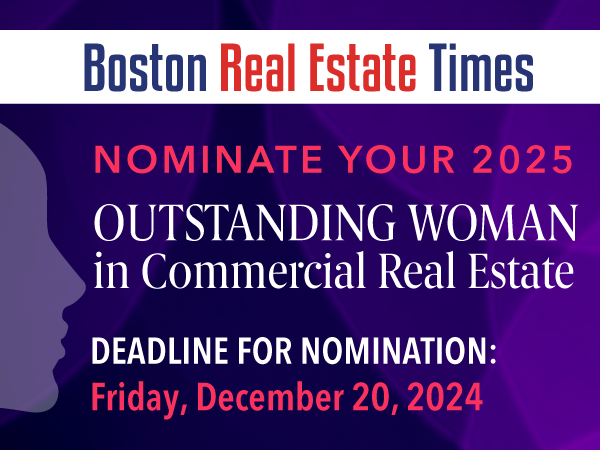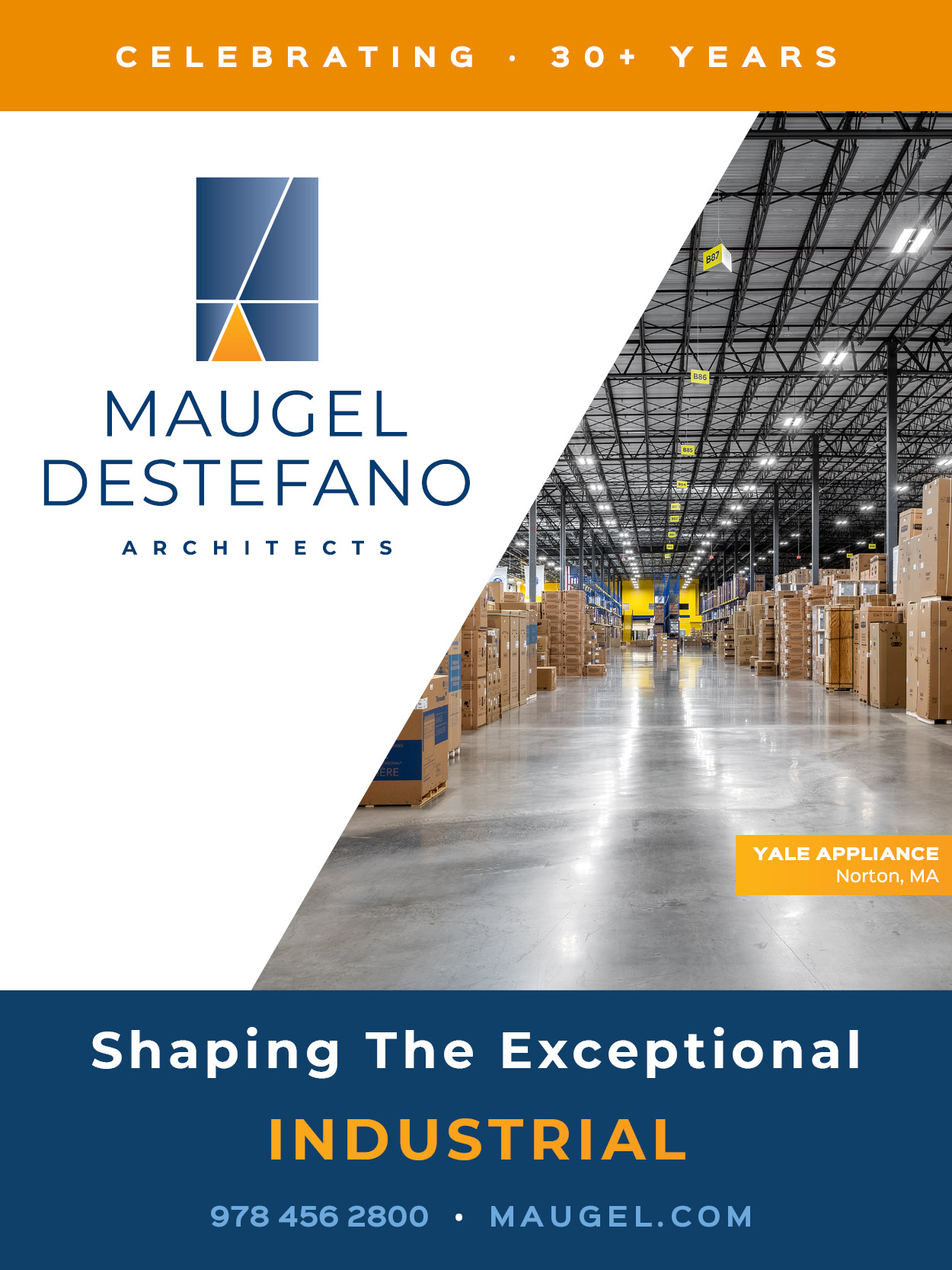Washington, D.C.– The U.S. Green Building Council (USGBC) announced that the new version of the LEED green building program – LEED v4.1 – is now available for cities, communities and homes. LEED v4.1 certification recognizes leadership by emphasizing performance monitoring, fully integrated design, social equity and human health factors.
“LEED v4.1 makes LEED the first green performance standard for buildings, communities and cities,” said Mahesh Ramanujam, president and CEO, U.S. Green Building Council. “It is the most comprehensive, collaborative, accessible and effective LEED system to date. This newest release complements the full suite of LEED v4.1 rating systems that are available today. We are excited and optimistic for the future as we continuously work to ensure that LEED is not only the de facto leadership standard but also a living standard.”
For the residential market, LEED v4.1 combines the familiar and relevant aspects from four previously-existing LEED for homes rating systems (LEED for Low-rise homes, LEED for Midrise Homes, LEED for Core and Shell and LEED for New Construction) to deliver three rating systems – LEED v4.1 Residential: New Single-family homes, LEED v4.1 Residential: New Multifamily homes and LEED v4.1 New Multifamily homes core and shell. The updated rating system is designed to make the decision to implement LEED easier for residential projects and revitalize our approach to the housing market. Through a streamlined and simple approach, LEED credits that have a higher value to home owners and residents are prioritized, such as health and wellbeing improved comfort, energy and water savings, green and healthy materials. Options have also been added to existing LEED credits that lower both hard and soft costs to achieve certification. And recognizing the unique circumstances of international projects, LEED v4.1 Residential is also now more applicable to international projects, which USGBC envisions as a key growth area for residential in the future. The updated rating system is further localized to meet the unique needs of different markets.
There are more than 480,000 LEED-certified residential units globally, and another 1.1 million currently in the pipeline. Of these units, 30% qualify as “affordable housing” in their markets.
“USGBC believes everyone should have access to green, healthy and sustainable homes and is committed to ensuring a sustainable future for all and raising the standard of living for people all over the world. We want to grow the number of LEED-certified affordable homes and increase access to green homes to all, especially underserved and underrepresented communities,” added Ramanujam.
Green homes, like those that are LEED certified, are designed to be healthier, safer and more efficient for families.
For the LEED for Cities and LEED for Communities rating systems, LEED v4.1 expands on the earlier performance based approach to deliver a comprehensive framework to support plan, design, operation and performance management phases of both new and existing cities and communities. The rating systems align with all the UN Sustainable Development Goals and incorporate leadership standards and best practices from complementary systems, like the previously integrated STAR Community Rating System, as well as the PEER, TRUE, EDGE and SITES programs. More than 90 cities and communities around the world, representing more than 1 billion people, are LEED-certified based on several factors, including water efficiency, energy, greenhouse gas emissions, materials and resources, quality of life, innovation and regional priorities.
“All over the world, leaders are recognizing the incredible opportunities that green building and green infrastructure present and a new generation of high-performance buildings, homes, communities and cities are emerging,” added Ramanujam. “The success of LEED v4.1 will depend on our commitment to listen to new voices and integrate global best practices”
LEED v4.1 registration is open for all project types and registration and rating system materials are now available online.


















